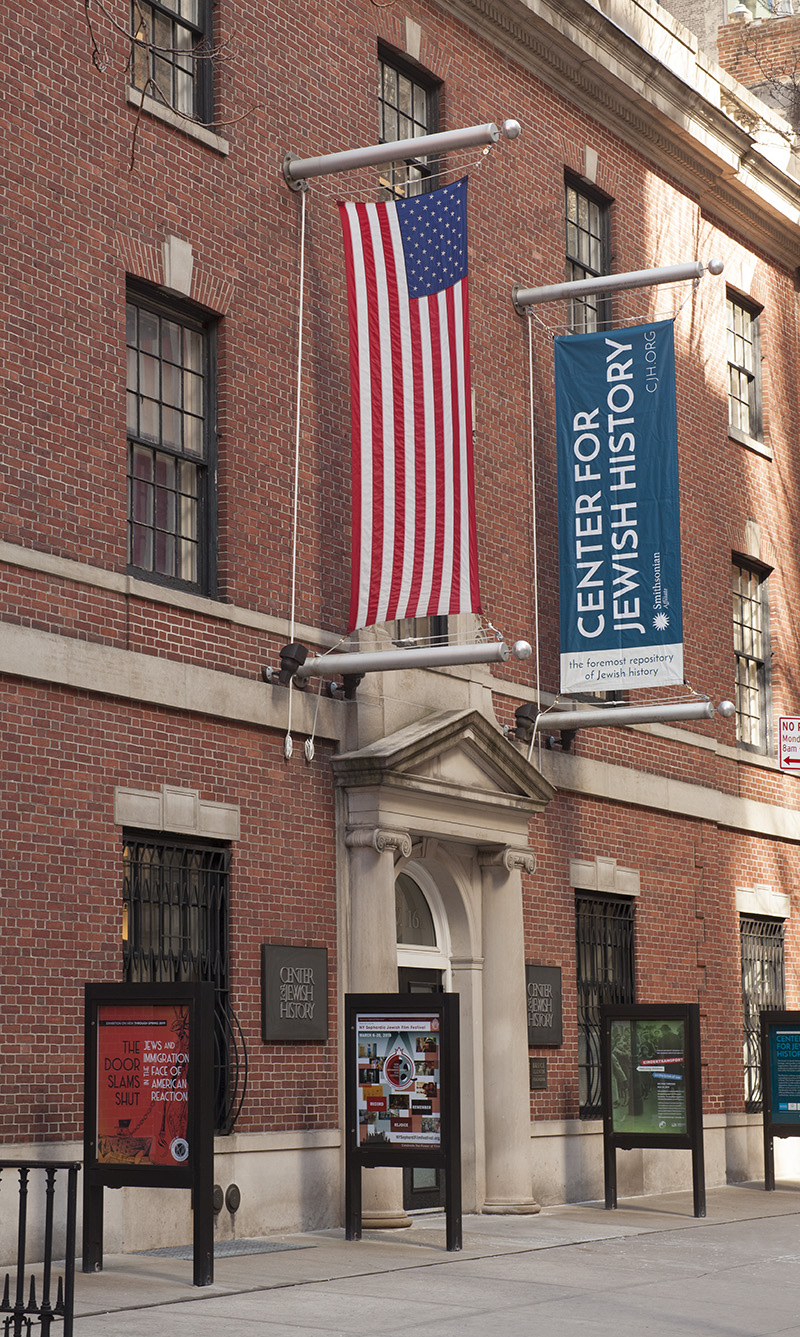lecture
The Hasidic Revival on the Eve of the Holocaust - Live on Zoom
Glenn Dynner | Delivered in English.
Few Jewish spiritual movements have proved as vital and enduring as Hasidism, which originated in the 18th-century Ukraine and spread into Poland and other lands over the next century. However, WWI and postwar pogroms proved devastating and deeply transformative. In Ukrainian territories, Hasidic courts were plundered and destroyed and Hasidic rebbes were exiled, murdered, or driven underground. In the newly established Second Polish Republic, in contrast, Hasidism experienced a revival. Here, the rebbes transformed themselves into educators bent on rescuing the Jewish youth from the effects of physical destruction and emerging secularist temptations. During the ensuing pedagogical revolution, which reconceived education for Hasidic young men and women alike, Hasidic yeshivas and Bais Yaakov schools began to overshadow Hasidic courts, and rebbes became known more for scholarship than miracle-working. On the eve of the Holocaust, Polish Hasidic society was more intellectually purposeful than it had been for many decades. Hasidic scholars were prioritized for rescue, while those left behind formed clandestine yeshiva bunkers in Nazi Ghettos and studied Torah down to the end.
About the Speaker
Glenn Dynner, Ph.D., is the Carl and Dorothy Bennett Professor of Judaic Studies and Director of the Bennett Center at Fairfield University; Editor of the journal Shofar: An Interdisciplinary Journal of Jewish Studies; and a recent Guggenheim Fellow. He is author of “Men of Silk”: The Hasidic Conquest of Polish Jewish Society (Oxford University Press, 2006), and Yankel’s Tavern: Jews, Liquor & Life in the Kingdom of Poland(Oxford University Press, 2014). His new book is entitled The Light of Learning: Hasidism in Poland on the Eve of the Holocaust(forthcoming on Oxford University Press).
Presented by:

lecture
